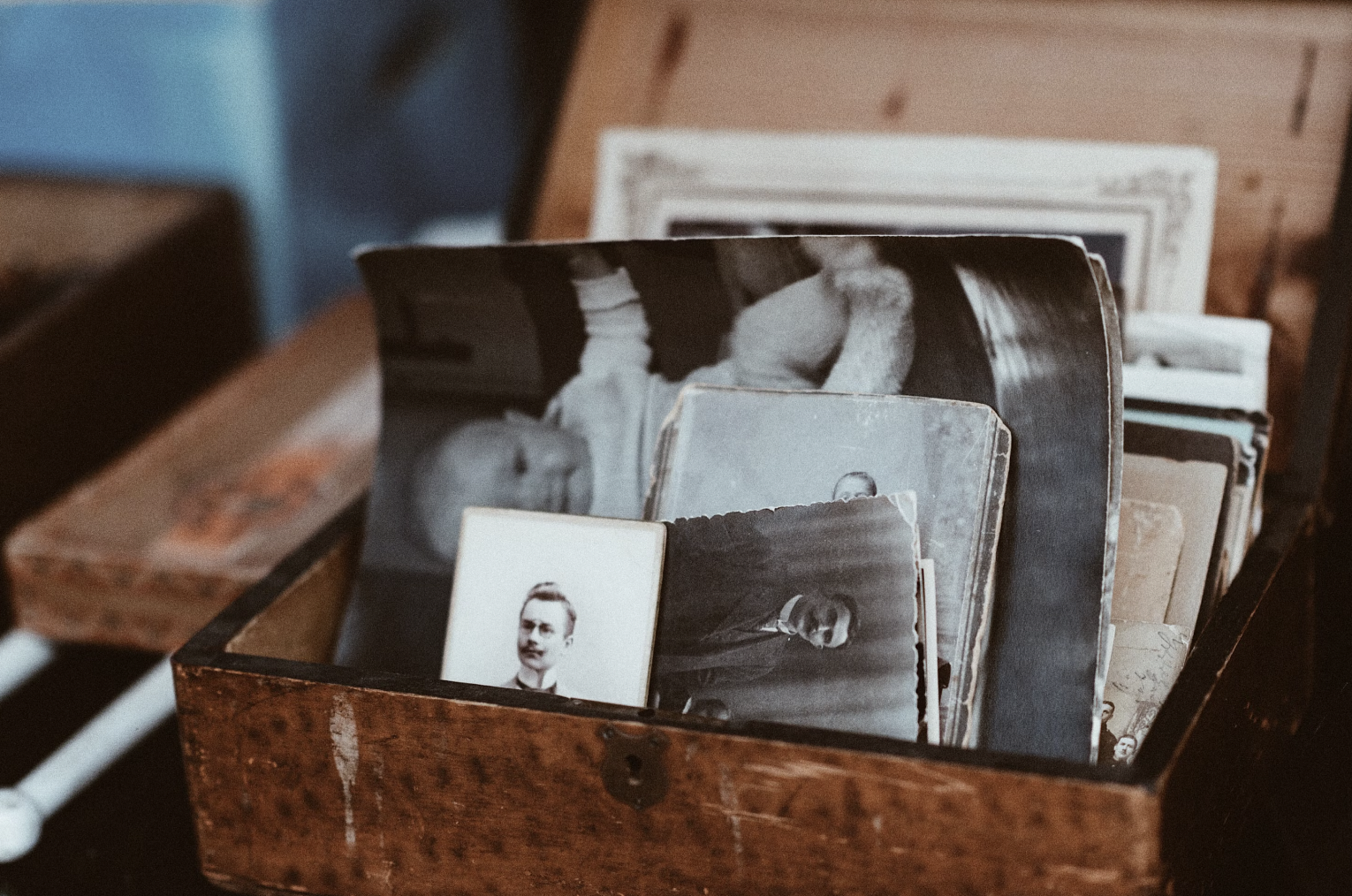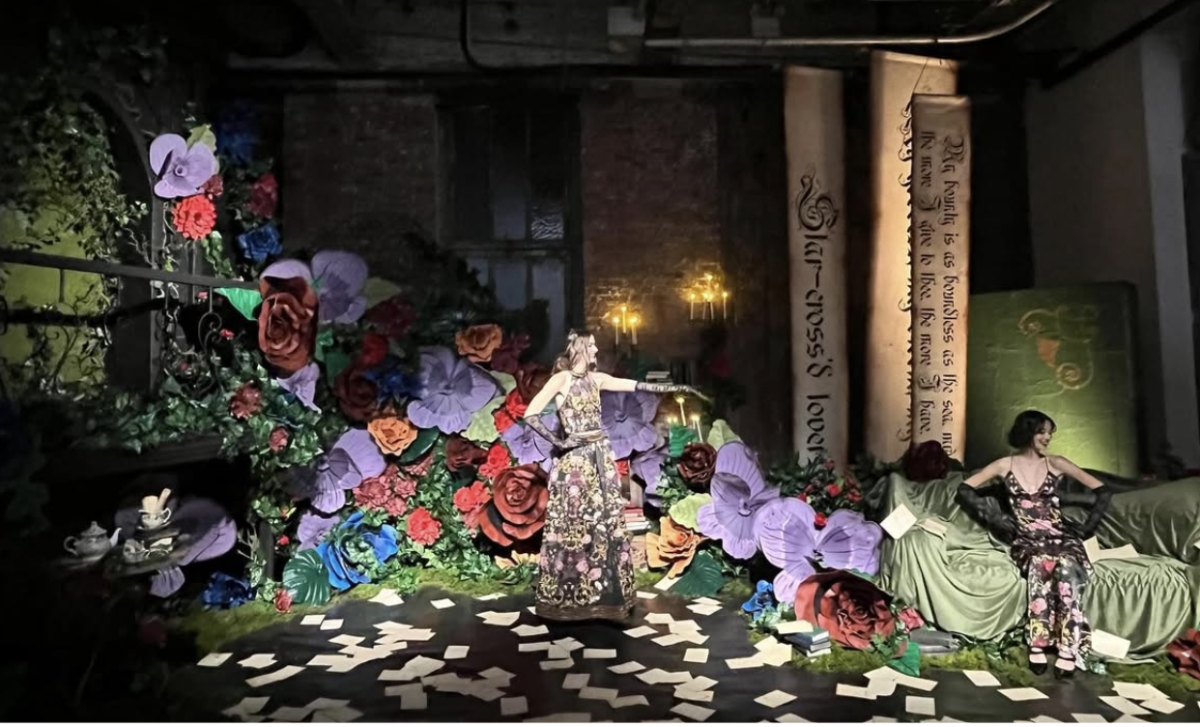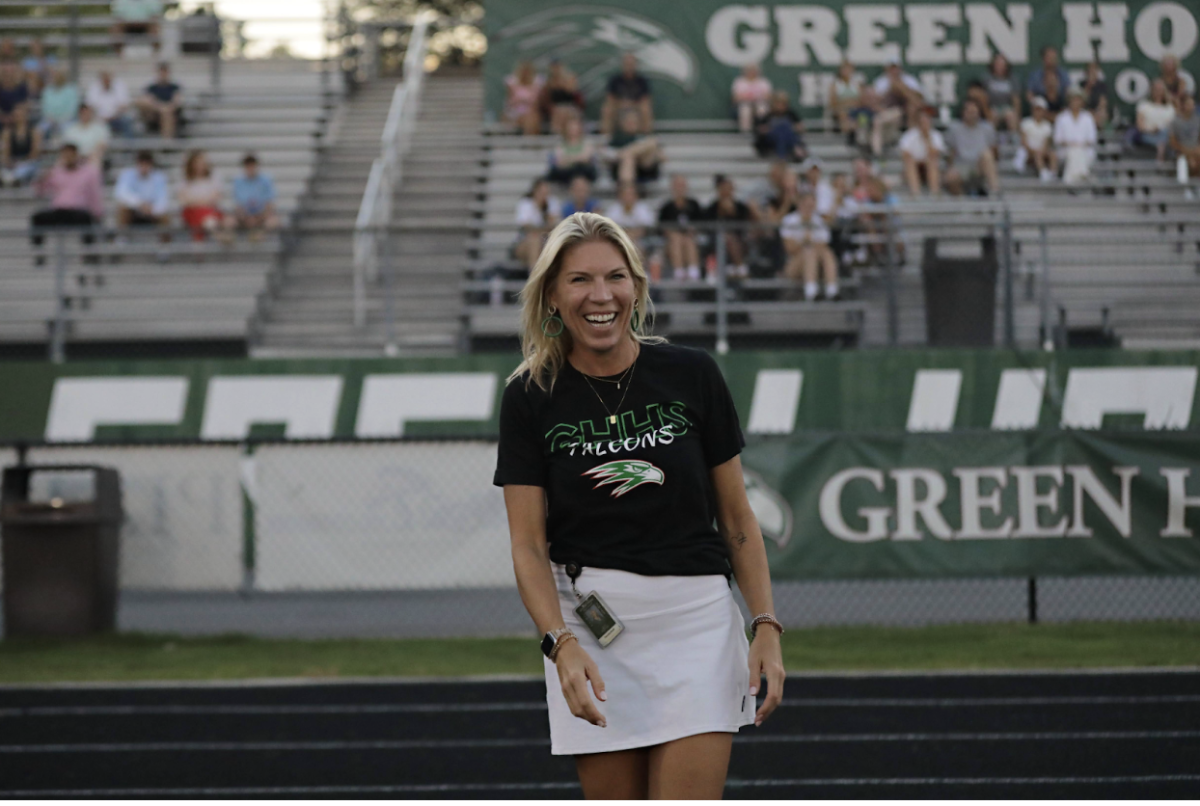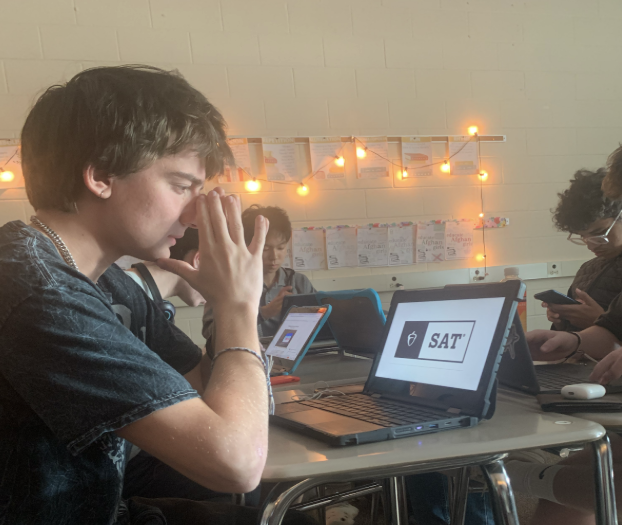This is the second article in the “Roots and Remembrance” series, documenting efforts to revive interest in local history in the Cary area.
For Barb Wetmore, the dust-laden documents of Cary history seem to come alive at the Page-Walker Arts and History Center – and she wants everyone who visits to see that as well. Wetmore serves on the Page-Walker’s board of directors, and helps execute history preservation programs through the organization.
Local history, lost history
Tucked in a pocket of forest near the downtown area, the quaint, red-brick property has established itself as a cornerstone of local history. While memorabilia from the likes of the Revolutionary War or World War II often appear throughout history curricula and have museums dedicated to the preservation of their stories, local history is given less emphasis. Particularly for smaller cities and towns – like Cary – the origins of its founding will require more than a simple Google search.
Large metropolises like New York or Chicago often have well-documented archives, but Cary, which is both rapidly developing and experiencing changes in demographic makeup, has few organizations dedicated to historical remembrance. However, the Page-Walker Arts and History Center stands as a rare example of an initiative dedicated to bringing local history alive for citizens.
Carla Michaels, another Page-Walker board member, is one of the few residents whose ancestors grew up and played an integral role in the development of Cary.
“I’m 69 years old, and there aren’t a lot of 69-plus-year-old people here who actually have grown up in Cary and seen all of the changes,” she said. “One of my great grandfathers, back in the 1800s bought land that eventually became Cary in 1837. It just was so fascinating to me to realize that my roots ran so deep in in this community, and then to have grown up here and seen all the changes.”
Michaels feels that, despite the rapid urbanization occurring in the area, it is crucial for residents – whether they be recent expats or longtime inhabitants – to understand the history of the land they live on.
“I just felt like it’s important for people who look around and see the Cary area. A lot of that has been lost, but that doesn’t mean that history has disappeared. We just have to know where to look for it and then be able to tell those stories,” she said.
Capturing stories of the past
Michaels elaborated on the work that went into digging through archives, particularly when historians often don’t cover it. “It takes a little bit of determination, in practice, to uncover the stories.”
Much of this “detective work” entails going through archives of old letters and documents. This writing gives insight into what Cary residents’ lives were like decades ago. “So anytime that researchers can get their hands on diaries and letters, it just opens up a whole different perspective on historic research and preservation,” said Michaels.
Local history comes with an additional challenge – it’s a do-it-yourself process, without textbooks or extensive past materials to build upon. “It’s all based on our own research, like nobody’s given us a script. It’s like we learned this and now we’re going to incorporate that.”
Bringing history alive
Barb Wetmore is another board member at the Page-Walker, and works alongside Michaels to uncover lost stories of Cary’s past.
Board members use a variety of creative formats, like walking tours, interactive presentations and haunted house-style talks to engage visitors. Both Michaels and Wetmore host tours of the Cary Cemetery and the Page-Walker Hotel.
Enacting these stories is a balancing act: they juggle dual roles in putting the narratives of individuals in context of the larger historical events while highlighting the personality behind the “characters” of their story. The overarching events that a person lived through is easier to find – but humanizing that perspective requires detective work to uncover the struggles, hopes and aspirations that shape an individual’s life and actions.
“How do you present a person’s life beyond the context that they what they live in, like, who they are, personally, who they are, essentially, fundamentally, like, what do they what do they think?” asked Wetmore. The answer isn’t easy. She explained that she likes to begin with a dynamic anecdote of the historical figure’s life, which makes them more personable and relatable to her audience.
“It’s hard to do that. That’s something we try to focus on while we’re trying to document the history of our lives,” she said. “But [I] start with who they are, and then we can bring the context of what might be contributing to the things that they’re afraid of.”
Changing demographics, changing narratives
The organization’s future goals are aimed at uncovering previously forgotten narratives, particularly those of diverse racial and ethnic backgrounds.
“That’s probably our number one initiative, is to do more with learning about and and sharing, capturing, documenting for future generations and sharing with parent generations are more recent history,” Wetmore said. She’s found a particular interest in the uptick in immigrants in the area.
“I live right down the street from the big Hindu temple between Cary and Morrisville. Finding out their history would be really important, and is shaping the landscape of Cary right now,” she said. This past summer, she’s made strides toward that goal by giving a talk at the Cary Regional Library. The talk, entitled “Cary History from the Streets: Cary’s African American History,” discussed the numerous street signs named after prominent African American residents.
Youth involvement
With an increasing interest in diverse stories comes a need for diverse voices. In fact, both members note that there’s a particular need for younger people to become engaged in history. Michaels noted that certain youth tend to be uninterested in local history – indicating a sense of apathy towards the stories of Cary. The select few that do show passion, however, give her hope for the future decades.
“I’m very encouraged that [we] might have some young people get interested in some of our projects,” she said. Michaels hopes to increase popularity by bringing the Page Walker’s talks and tours to middle school and high school students. “There’ll be more and more people who want to be involved and … help us do the research.”








